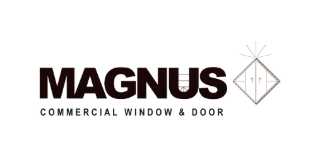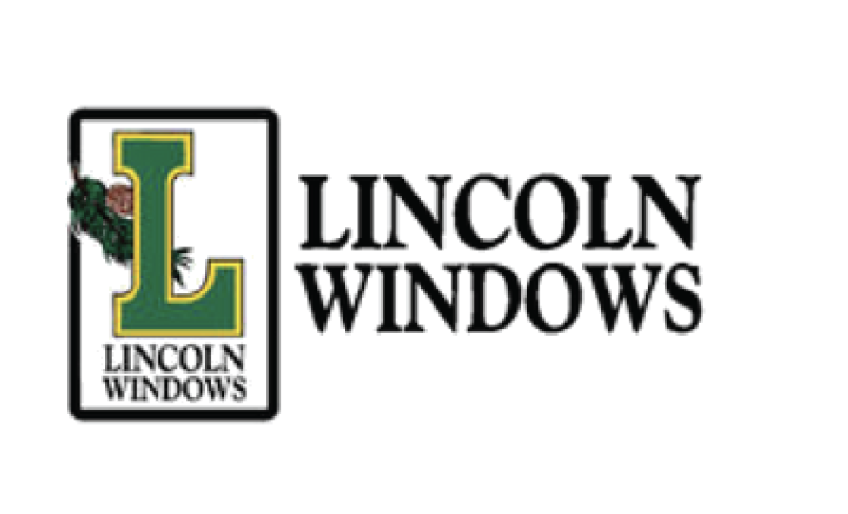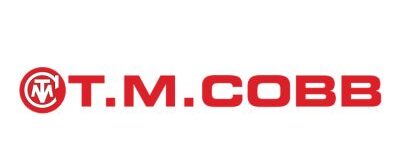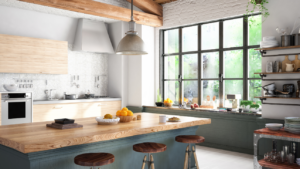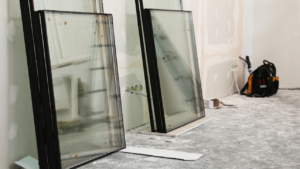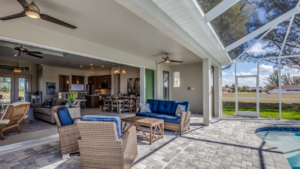Choosing the right screen material for your windows, doors, and porches can significantly impact your home’s comfort, energy efficiency, and aesthetic appeal. With various options available, it’s essential to understand the benefits and limitations of each type to make an informed decision. This article will help property owners navigate the different screen materials and select the best one for their needs.
Understanding Screen Materials
Screen materials vary widely in terms of durability, visibility, and resistance to environmental factors. Here are some of the most popular options:
Fiberglass Screens
Fiberglass screens are among the most common choices for residential use. They are lightweight, flexible, and resistant to rust and corrosion, making them ideal for windows and doors. Fiberglass screens offer good visibility and are relatively easy to install. However, they are not the most durable option and can stretch or tear over time, especially in high-traffic areas or if exposed to pets.
Polyester Screens
Polyester screens, particularly those coated with PVC, offer superior durability compared to fiberglass. They are resistant to tearing, stretching, and environmental damage, making them an excellent choice for areas with extreme weather conditions or heavy use. Polyester screens are also pet-resistant, making them ideal for homes with dogs or cats. These screens provide good visibility and can last up to 20 years, making them a cost-effective option in the long run.
Metal Screens
Metal screens, such as aluminum and stainless steel, are known for their strength and durability. Aluminum screens are lightweight, rust-resistant, and suitable for various climates, although they can dent easily. Stainless steel screens offer superior durability and are ideal for high-traffic areas or homes with pets. They provide excellent visibility and airflow but are generally more expensive than other materials.
Specialty Screens
Specialty screens, such as solar screens and no-see-um screens, cater to specific needs. Solar screens are designed to reduce heat and glare from the sun, helping to lower cooling costs and protect interior furnishings from UV damage. They are particularly useful for west-facing windows and in regions with intense sunlight. No-see-um screens have a tighter weave to keep out tiny insects, making them ideal for areas with heavy bug infestations.
Choosing the Right Screen Material
When selecting the right screen material, consider the following factors:
Climate Compatibility
Your local climate plays a significant role in determining the best screen material. For coastal areas, choose materials resistant to rust and corrosion, such as fiberglass or stainless steel. In windy climates, opt for more durable materials like PVC-coated polyester or Tuff screens that can withstand flying debris.
Durability and Maintenance
Durability is crucial, especially if your screens will be exposed to heavy use or environmental factors. Polyester screens are known for their longevity and resistance to damage, making them a great choice for long-term use. Metal screens, particularly stainless steel, offer excellent durability but may require a higher initial investment. Regular maintenance, such as cleaning and minor repairs, can extend the life of any screen material.
Visibility and Aesthetics
If you prioritize visibility and unobstructed views, choose screens with a high transparency rating. Fiberglass and polyester screens provide good visibility while maintaining insect protection. For added privacy, consider screens with a tighter weave or darker colors that create a one-way view effect.
Specific Needs
Consider any specific needs, such as pet resistance or solar protection. Pet-resistant screens, like those made from PVC-coated polyester, can withstand pets’ scratching and pushing, ensuring longevity and reduced replacement costs. Solar screens are ideal for reducing heat and glare, making them perfect for homes in hot climates.
Connect with Your Neighborhood Tashman Team Today!
Choosing the right screen material for your home involves balancing durability, visibility, climate compatibility, and specific needs like pet resistance or solar protection. By understanding the pros and cons of each material, property owners can make informed decisions that enhance their home’s comfort, energy efficiency, and aesthetic appeal. For more insights on improving your home’s energy efficiency and comfort, Tashman Home Center can guide you in selecting the right screens for any property.
Contact us by filling out this online form or call a member of our sales team at (323) 656-7039 to set up a free consultation or request a no-obligation quote.

